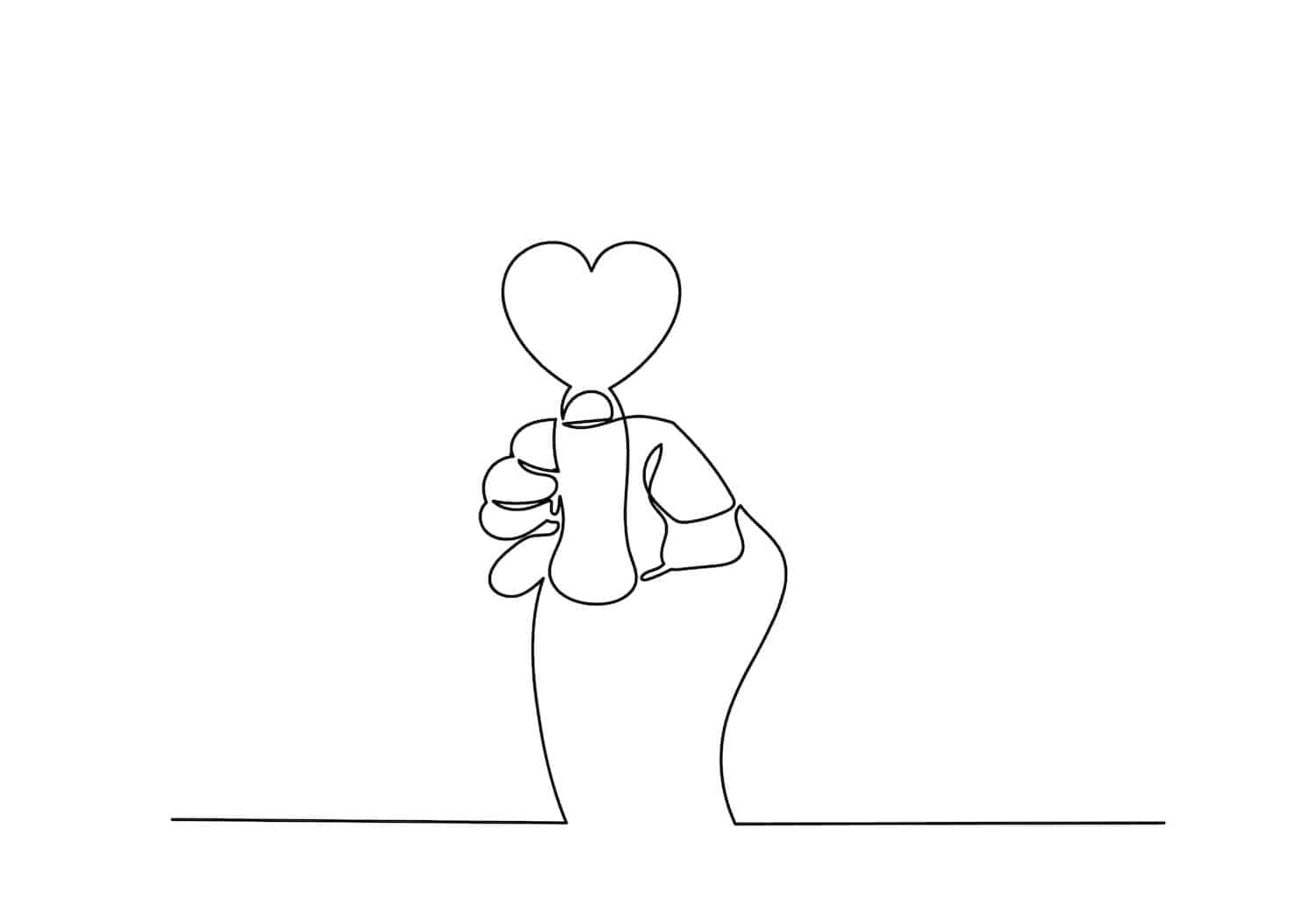According to the National Alliance on Mental Illness, 1 in 5 U.S. adults experiences some type of mental health issue in their lifetime. Of those, 1.4% are diagnosed with borderline personality disorder (BPD), which is often characterized by difficulty in regulating emotions, meaning emotions flare up and diminish rapidly for longer periods and make stabilizing difficult.
Symptoms of borderline personality disorder like impulsivity, mood swings, poor self-image, unstable relationships, and even dangerous behaviors like self-harm are due to the emotional irregularity caused by the disorder. According to the Diagnostic and Statistical Manual of Mental Disorders Fifth Edition, additional symptoms of borderline personality disorder may include:
- Frantic efforts to avoid real or imagined abandonment
- Unstable personal relationships
- Distorted and unstable self-image
- Impulsive behaviors that can have dangerous outcomes
- Self-harming behavior
- Depression, irritability, or anxiety lasting a few hours to a few days
- Chronic feelings of boredom or emptiness
- Intense or uncontrollable anger, often followed by guilt
- Dissociative feelings
The diagnosis of borderline personality disorder is not based on one specific sign or symptom and is best determined by a comprehensive clinical evaluation by a medical professional.
What Causes Borderline Personality Disorder?
While there’s not one agreed-upon cause for borderline personality disorder, research does indicate it’s the result of a combination of factors. Psychology Today states that it’s sometimes associated with environmental factors like parental neglect or emotional, physical, or sexual trauma.
Additionally, other research has contributed the following to the development of BPD:
- Genetics: Research suggests that having a family member with BPD may be a risk factor for developing the disorder.
- Brain Function: The emotional regulation system may be different in people with BPD, suggesting that subtle changes in the brain that control mood regulation and decision making may not communicate properly with each other.
It’s important to note that exposure to any of these factors does not mean someone will develop BPD. There may also be individuals without any of these risk factors that will develop the disorder at some point in their life.
How Do You Treat Borderline Personality Disorder?
An article from Harvard University Medical School cited encouraging news about treating borderline personality disorder. The study, which featured researchers from Brown University, Columbia University, Harvard University, and Yale University, compared long-term symptom remission and the ability to function socially in 600 patients with borderline personality disorder (BPD), obsessive-compulsive disorder (OCD), avoidant personality disorder, and major depression. Results showed that after receiving psychotherapy, at the 10-year mark, 85% of people with BPD had achieved remission, similar to the rate of those with major depression. The study also found that once those with BPD received remission from their symptoms, they were unlikely to relapse.
At Lifeskills South Florida, our borderline personality disorder treatment includes dialectical behavioral therapy (DBT). DBT has been proven to help those with BPD become more satisfied with life and form long-lasting relationships. We provide this borderline personality treatment through a comprehensive 13-week Dialectical Behavior Therapy (DBT) Pathway using the Marsha Linehan manual, as well as auxiliary DBT groups for those focusing on other clinical pathways. Instead of a traditional DBT program that is offered on an outpatient basis, our evidence-based borderline personality disorder treatment is offered in a residential environment and includes:
- Skills training
- Individual DBT sessions
- Phone coaching
- Access to a consultation team
Our 13-week programming includes three one-hour groups per week that consist of a review of the previous week’s homework, learning new skills, and a time dedicated to mindfulness. According to the Linehan Institute, dialectical behavior therapy (DBT) is recognized as the standard psychological treatment for chronically suicidal individuals diagnosed with BPD.
The Lifeskills clinicians are certified by the Marsha Linehan institute for advanced skills in the use of DBT. For Lifeskills, having intensively trained clinicians reinforces, expands, and strengthens our current DBT program. For our clients, it improves the quality of DBT programming that we offer. We strive to ensure our staff is highly trained and responsible for providing comprehensive DBT skills.
If you’re struggling with the symptoms of borderline personality disorder, Lifeskills is here to help. For more information about our dedicated BPD treatment programs, call us today at 954-953-1742 or complete our contact form.
Resources




